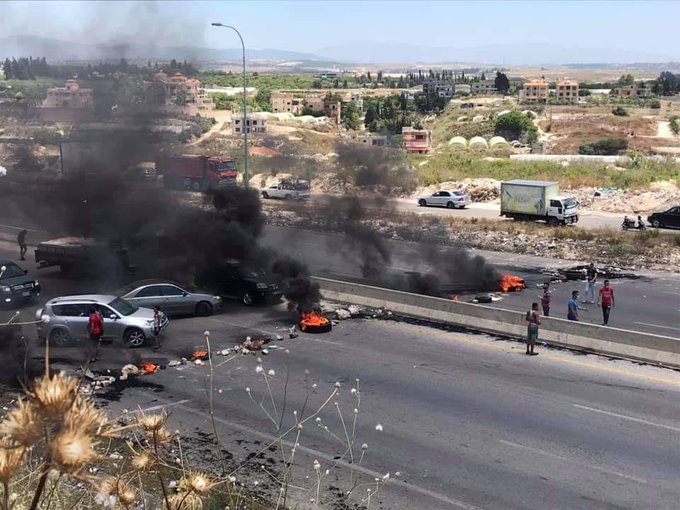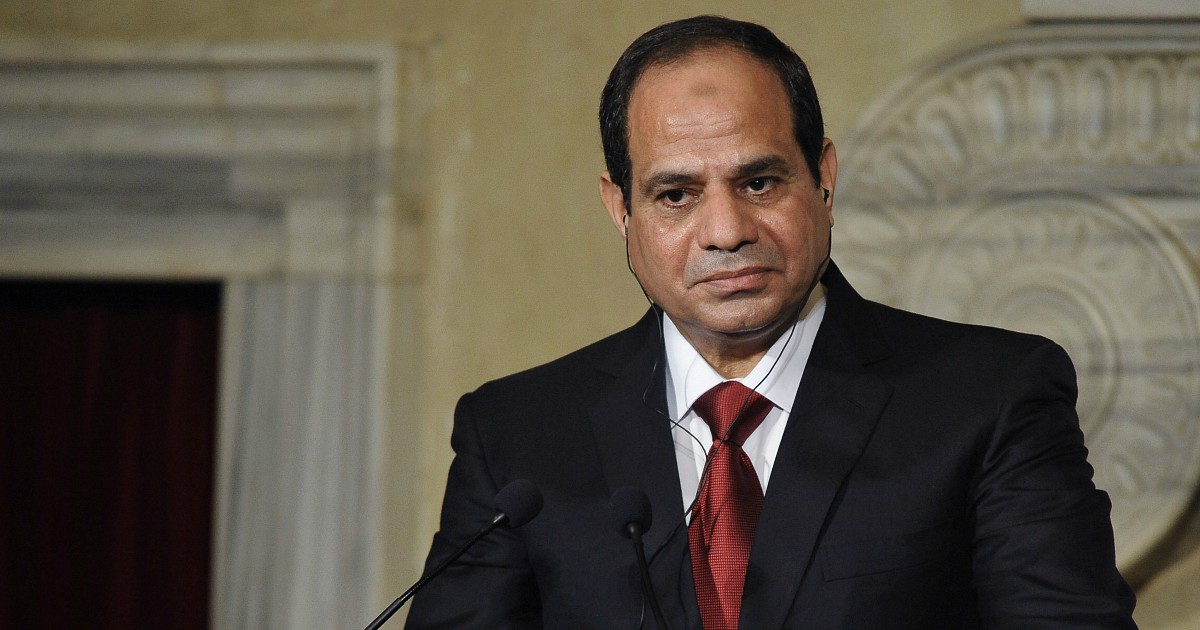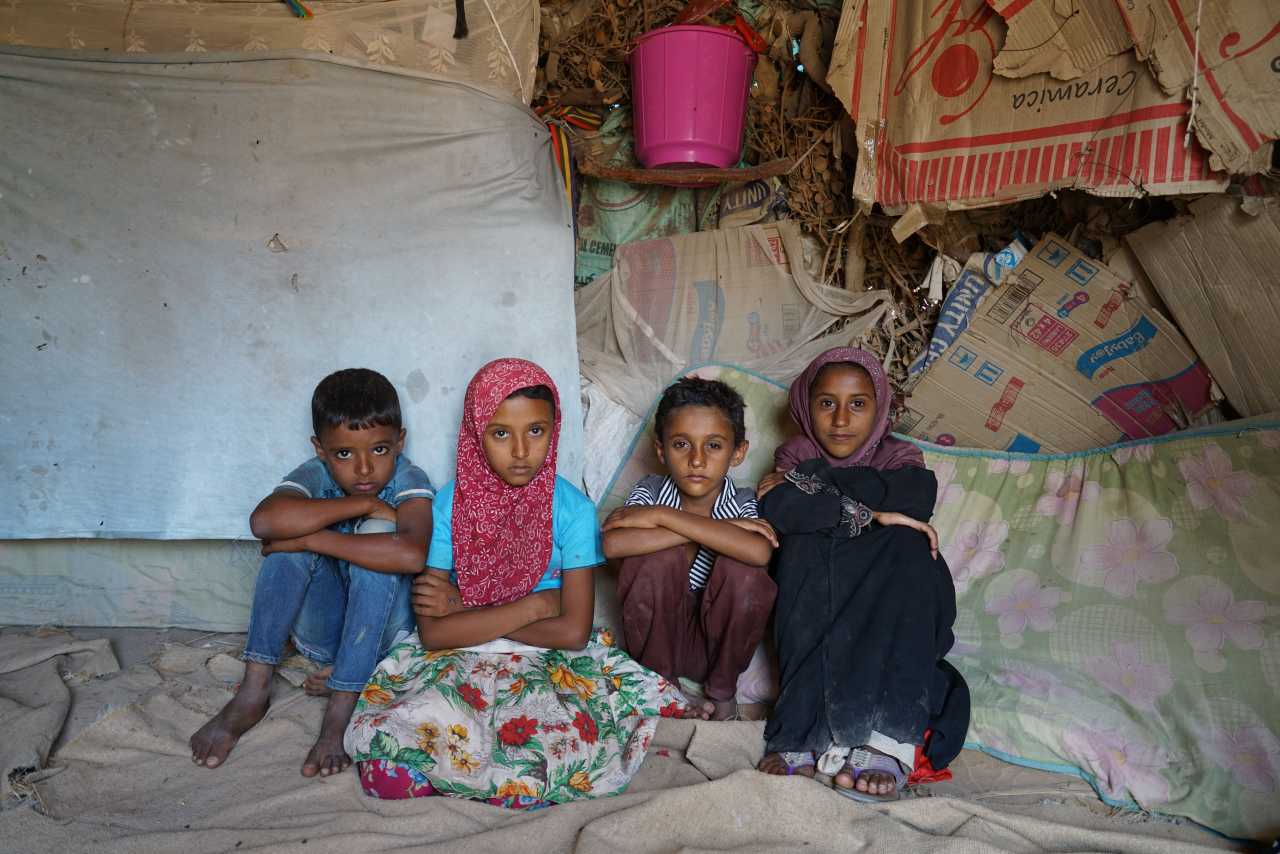Riyadh will likely celebrate in receipt of a new report by investment bank JP Morgan Chase. “Saudi Arabia will come out on top in the fight for market share as non-OPEC and U.S. production fades,” Christyan Malek, a managing director at JP Morgan Chase told Reuters. The report predicts that Saudi Arabia’s share of the oil market will be the highest since the 1980s.
It appears Saudi Arabia has increased its market share because of a decline in higher-cost oil production around the world, a development unimaginable even a year ago. The development will be much-needed positive news for most OPEC countries who have collectively seen a dramatic drop in government revenue because of a historic drop in oil prices.
Amid low oil prices, investment in the development of new fields drops and higher-cost oil production such as American shale gas or oil produced from Canadian tar-sands is no longer profitable. Because of the massive global scale of oil production, even a temporary dip in investment or bankruptcies of competitors can give low-cost producers an advantage for the foreseeable future.
Oil price war
Saudi Arabia and Russia together drove down oil prices by refusing to curb production even before the COVID-19 pandemic drove down demand to unprecedented levels. The combination of high production levels and dropping demand meant oil prices crashed to hit an absolute first: They fell to negative $40 as the expiration date for oil futures approached with no buyers for the actual crude.
While low oil prices are extremely painful for the state budgets of both Russia and Saudi Arabia, for countries where oil is produced at a much higher cost, like in the US shale gas industry, such low prices are potentially lethal.
Large-scale state-owned oil producers such as Saudi Arabia’s Aramco can dial back production without too much long-term damage, but for smaller producers that depend on a few wells or fields, closing down wells can mean buckling under debt and going bankrupt.
Saudi market share
By keeping production high while demand was dropping, Saudi Arabia directly influenced global oil prices. Media reported on the decision to continue high production levels as a price war between Russia and the Saudis continued until both countries agreed on production cuts in April.
However, both countries ultimately stood to benefit much more from a drop in production in the US than any fathomable end-game of a Russo-Saudi dispute could have realized. This begs the question if their “disagreement” was ever the real underlying motivation.
Russia and Saudi Arabia were both declining in market share as the US enjoyed its “shale gas revolution” over the last decade, with no end in sight. Although Russia likely has unexplored oil and gas reserves, the Saudi reserves have little way to go but down.
Their gamble to continue oil production and even send cheap crude to the already overflowing US oil market appears to have paid off in the long-run.
US shale gas decline
The victims of the geopolitical plays to influence oil prices will be those working in the US shale gas industry. While environmental groups will likely cheer the decline of shale gas, or “fracking,” millions of Americans are employed in the industry, working-class people who have been part of the essential workforce that has kept America running throughout the first wave of the pandemic.
Adopting a Green New Deal would more than offset these jobs with new positions in industries that support a healthy environment and provide good working conditions. However, hope for such a legislative move runs thin amid entrenched partisan tensions.
The international supermajors have already written off previously cherished gas assets in a sign of the time, yet the fate of Chesapeake Energy, one of the US shale gas pioneers, could signal what World Oil called “the end of an era.”
Because of the absence of available credit that saved many smaller oil firms during the last oil crash in 2015-2016, many smaller companies are now facing bankruptcies. The continued uncertainty over the future value of oil assets makes mergers and acquisition a risky game.
Between January and May, 18 oil and gas firms filed for bankruptcy protection in North America with more expected as “lower for longer” becomes the expectation.
The Saudi-led OPEC bloc has now promised to extend production cuts with an additional one-month voluntary cut, which is enough to prevent a new crash in oil prices, but likely not enough to help US producers.





